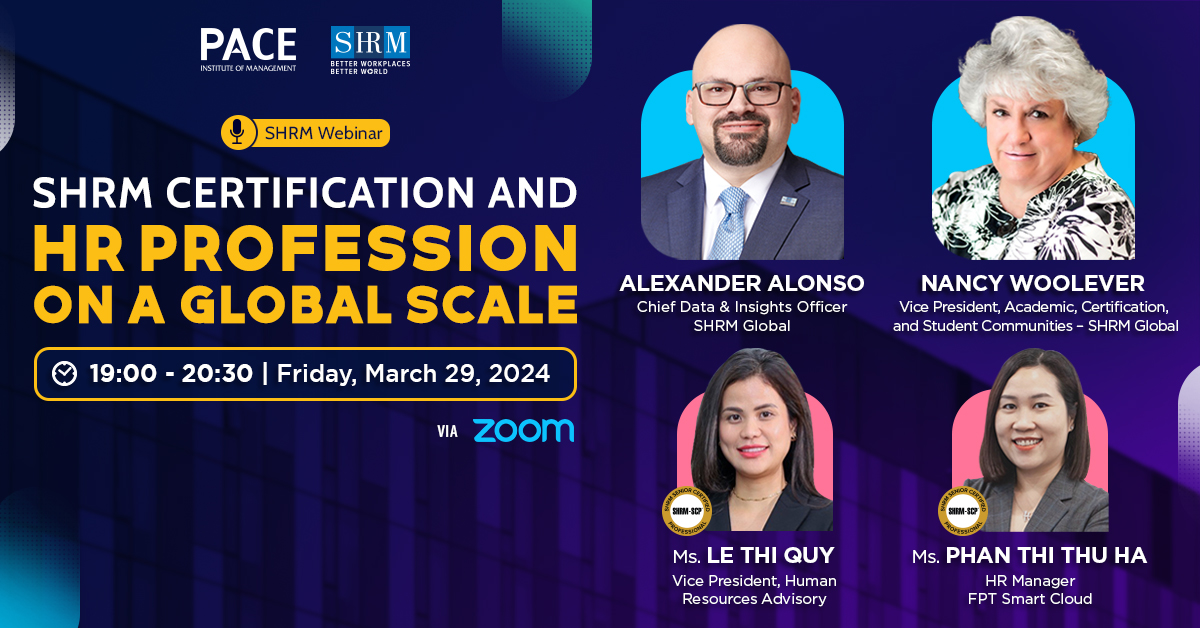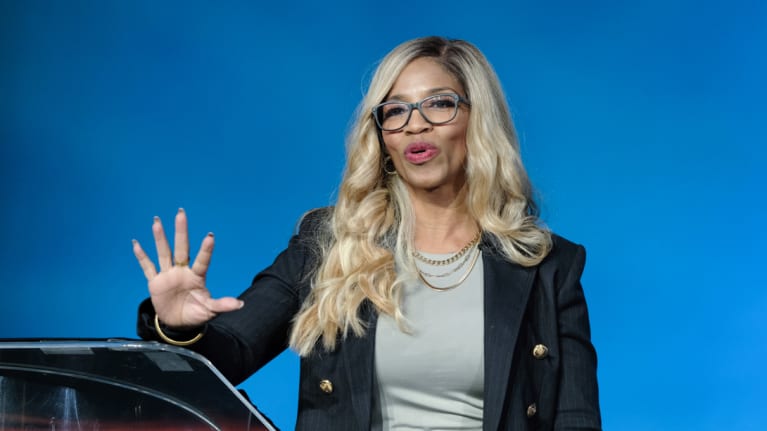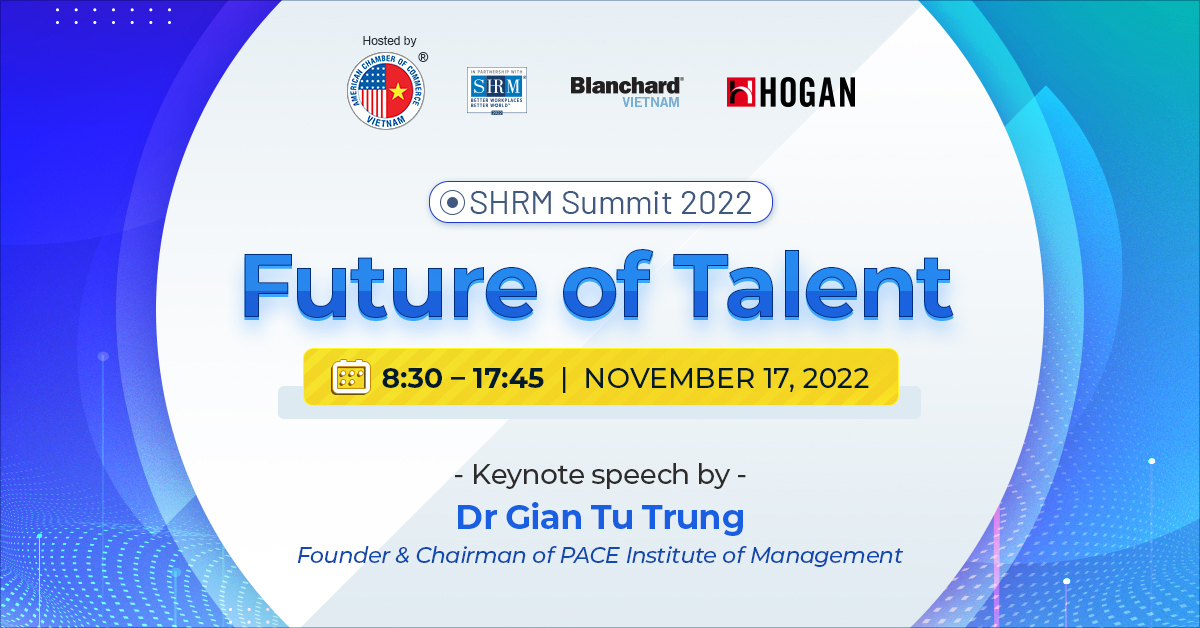EMPLOYEES IN ASIA PREFER TO WORK WITH MANAGERS OF THE SAME AGE OR OLDER
Majority of employees around the globe prefer to work in a multi-generational team, recent Randstad Workmonitor found. A multi-generation team consists of coworkers with a decade or more difference in age. More than 8 in 10 (86 percent) believe that an age-diverse team can help promote innovation within the organisation. Majority respondents also said that they are already working in a multi-generational team.
Randstad survey revealed that almost 7 in 10 employees globally said that they prefer to work under the direction of managers who are of the same age or older. This sentiment is higher in Asia region, where people tend to value status and seniority over learnability and competence at work. Some 83 percent respondents said they would rather work with a manager who is older than them. In Singapore, 79 percent want to work with a leader who is older than them.

These findings suggested that while more employees globally are expecting to work in multi-generational team, managing an age-diverse team proves to remain tough in Asia. This notion of respect in Asian culture was visible in the workplace, as 7 in 10 respondents said their managers tend to treat colleagues differently based on their age. The sentiment is the highest in Hong Kong SAR (80 percent) and mainland China recorded the lowest (67 percent).
An age-diverse workforce can be challenging as leaders might feel overpowered by an experienced and mature coworkers as compared to a younger executive who might request for more autonomy at work.
Regarding the findings, Managing Director for Randstad Singapore Jaya Dass said “Having to report to someone who is younger may cause conflict in the company as coworkers may question their authority to lead due to the lack of experience. However, employers sometimes need to make difficult decisions and risk possible conflict situations as they plan for the future. It is also no longer possible to avoid working in an age-diverse workforce in a country with an ageing population. A multi-generation workforce works best only when people put aside age differences and focus on the determining factors of a future leader such as leadership skills, competency, learnability and ability to influence.”

Another key finding of Randstad Workmonitor revealed that employees tend to be more concerned about meeting immediate deadlines than long-term goals. Less than 4 in 10 employees around the world are concerned about their future accomplishments than their immediate tasks. Employees and jobseekers in Asia are also more likely to prioritise their daily tasks as compared to achieving future goals (71 percent).
Meanwhile, as compared to the other Asian markets (Malaysia, China, Hong Kong), talents in Singapore are more likely to think and act on their future career goals.
Mr. Dass said, “The increasingly competitive job market forces employees and job seekers in Singapore to think more about their future. A long-term vision provides people with a direction of what they need to do in order to attain their goal and encourages them to discuss their career development path with their managers.”
|
Training Program
INTERNATIONAL HUMAN RESOURCE MANAGEMENT/IHRM
Internationalize the human resource management capabilities of HR professionals in Vietnam
Opening Date: Stember 13, 2018 in HCMC
Opening Date: Stember 20, 2018 in Hanoi Please click HERE for more information |










